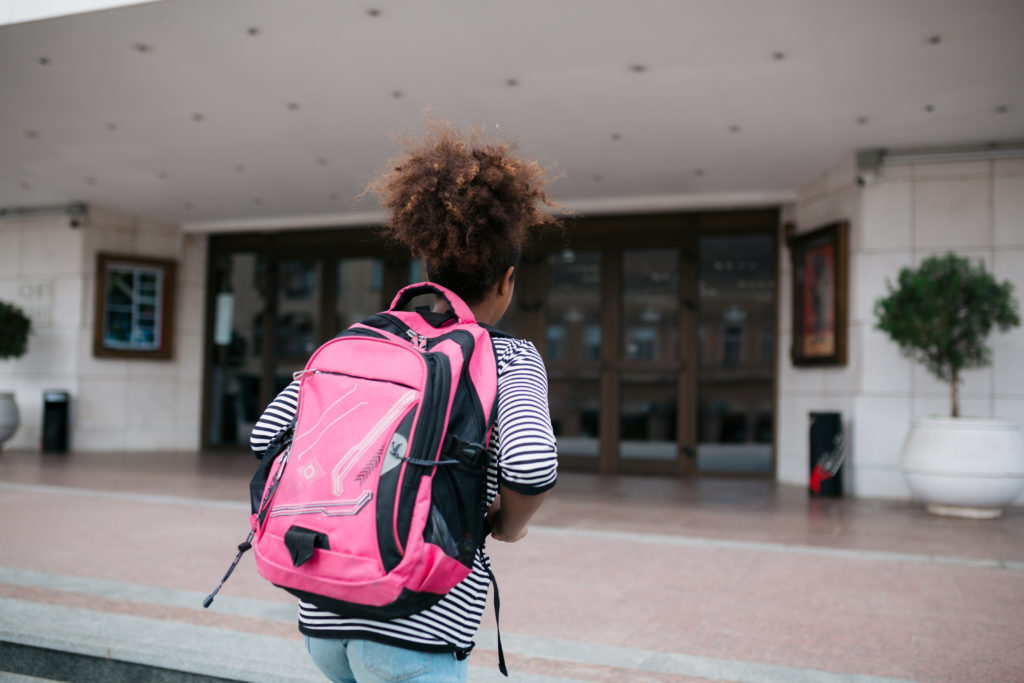For as long as schools have policed hairstyles as part of their dress codes, some students have seen the rules as attempts to deny their cultural and religious identities.
Nowhere have school rules on hair been a bigger flashpoint than in Texas, where a trial this week is set to determine whether high school administrators can continue punishing a Black teenager for refusing to cut his hair. The 18-year-old student, Darryl George, who wears his hair in locs tied atop his head, has been kept out of his classroom since the start of the school year.
To school administrators, strict dress codes can be tools for promoting uniformity and discipline. But advocates say the codes disproportionately affect students of color and the punishments disrupt learning. Under pressure, many schools in Texas have removed boys-only hair length rules, while hundreds of districts maintain hair restrictions written into their dress codes.
Schools that enforce strict dress codes have higher rates of punishment that take students away from learning, such as suspensions and expulsions, according to an October 2022 report from the Government Accountability Office. The report called on the U.S. Department of Education to provide resources to help schools design more equitable dress codes.



We should difference between racism and victimizing here. I don’t know which of these two is.
If the dress code apply for white and black kids I believe it’s just victimizing and shaming racism.
If the dress code apply only for black or white kids then definetly it’s racism.
It doesn’t have to apply only for one group to be racism. Redlining was a practice that was technically about areas, not people, and there could be white people within those areas, but it’s still racism. If the effects of a policy land disproportionately on one group or affect one group differently, like the shaving policy AllonzeeLV mentioned, where a frequency of shaving harms one group more than another, holding the group that will be harmed to a policy that harms them is racist.
Pretty accurate, if someone it’s discriminated for any racial characteristic not just the skin color I believe it’s racism too.
Anyway dress codes are dress codes it doesn’t matter which race you are if there is a dress code to follow you should follow it.
Maybe we should talk about dresscodeism.
This dresscodeism is about regulating hairstyle and not clothing in this instance.
Oh then hairstylism hard to determine it, curly hair people can’t hair style as straight hair people and viceversa, definetly it could be a problem but at the same time I would be more concerned about the education of the kids than their hair style tbh. What about if all the kids get their head shaved and problem solved?
You can have policies that equally apply to all people that are still racist. Same with sexist. If, for example, the dress code requires men to have a short list of approved haircuts, and all of them are styles that only work with a specific type of white hair, the policy is racist.
On the sexism side, if the policy is that everyone must wear an exact uniform, but that uniform doesn’t fit wide hips or large chests, the policy is sexist.